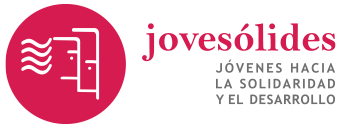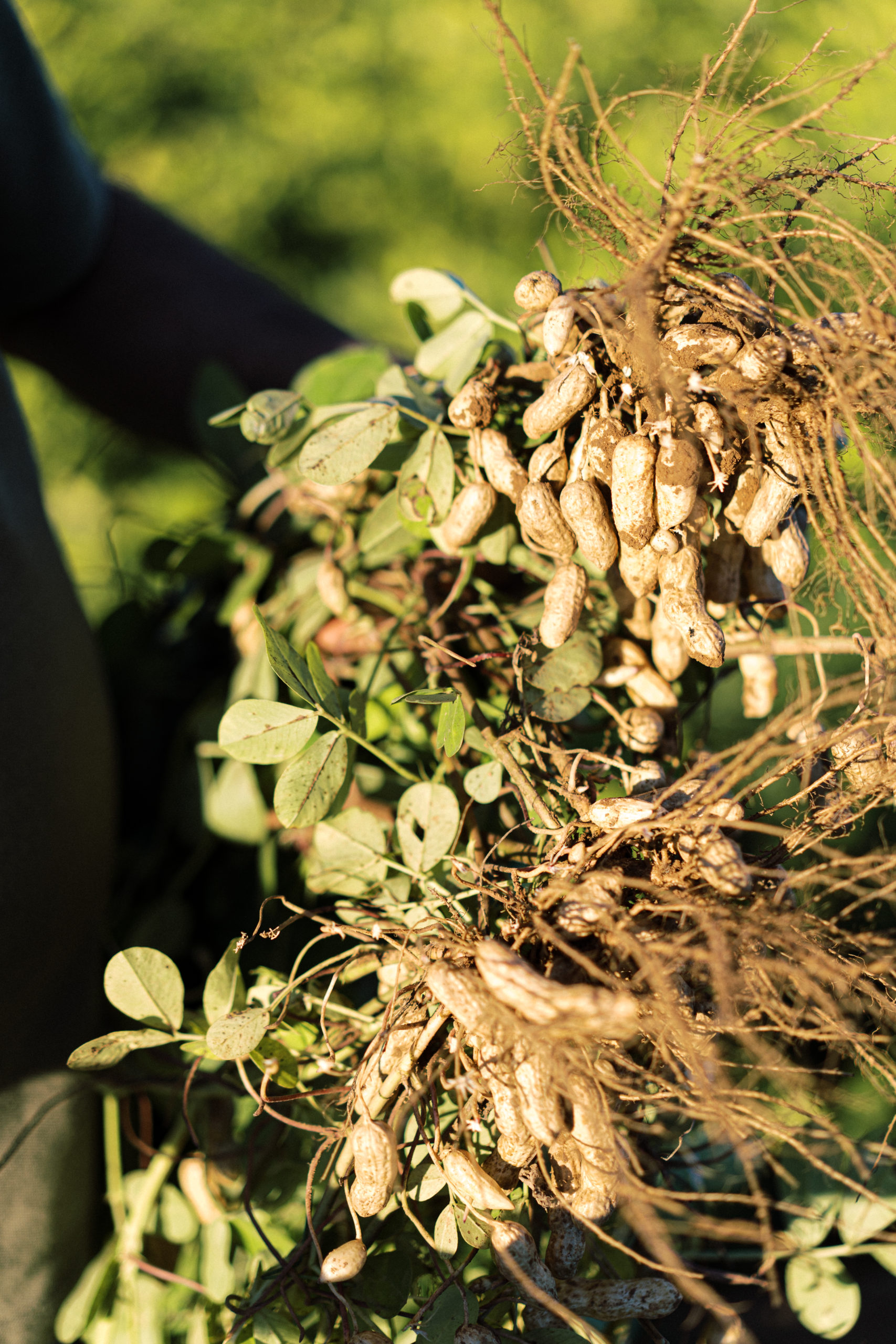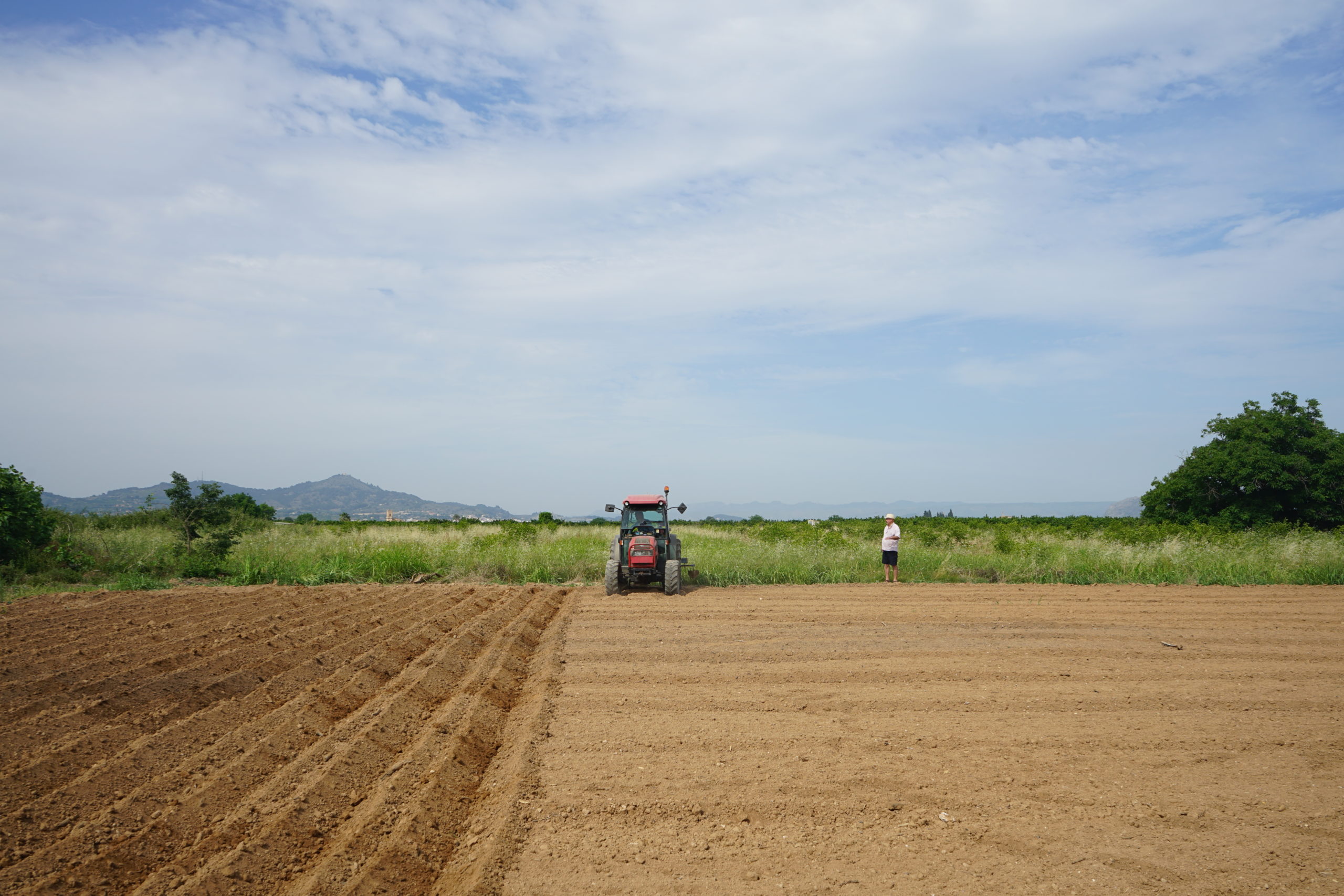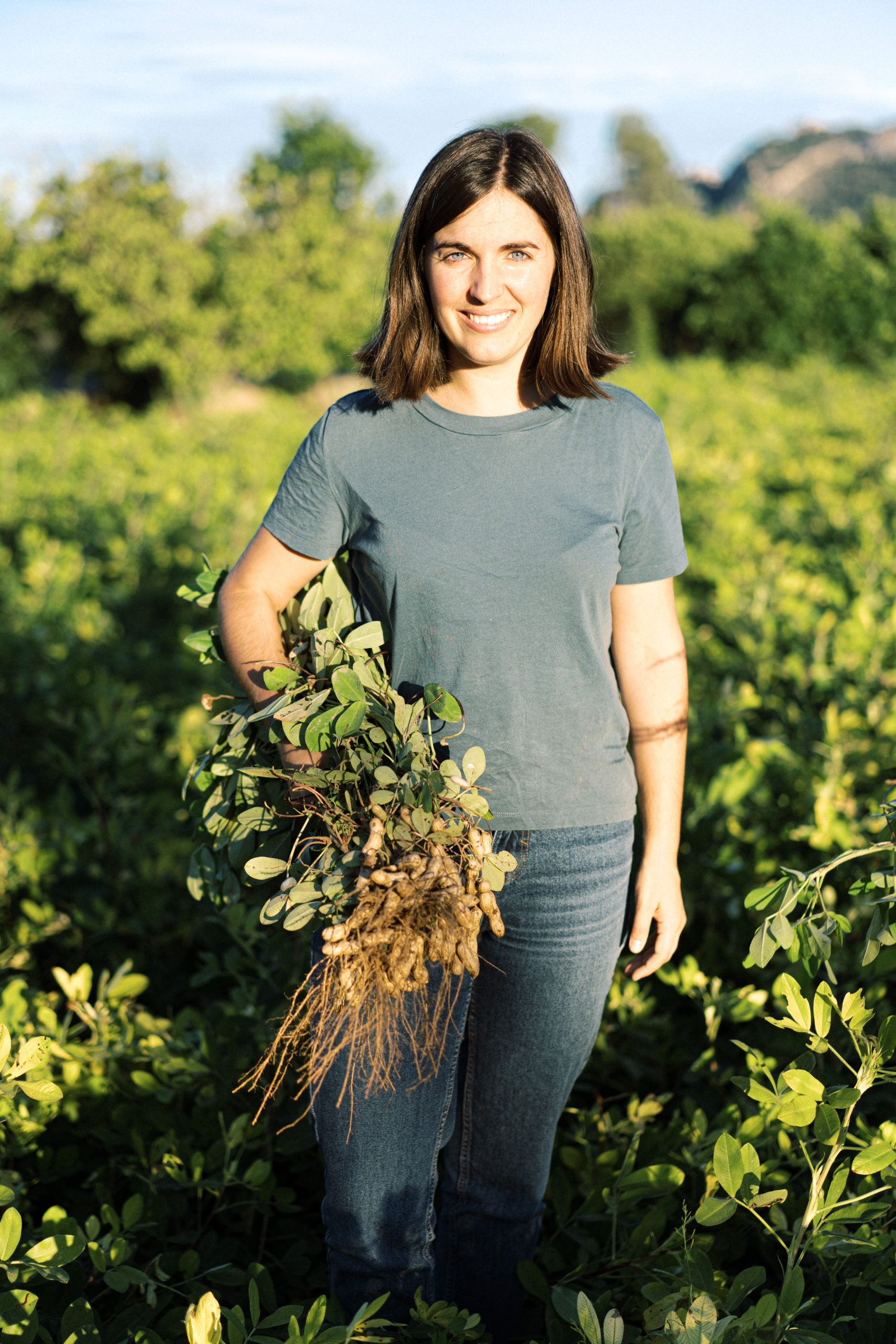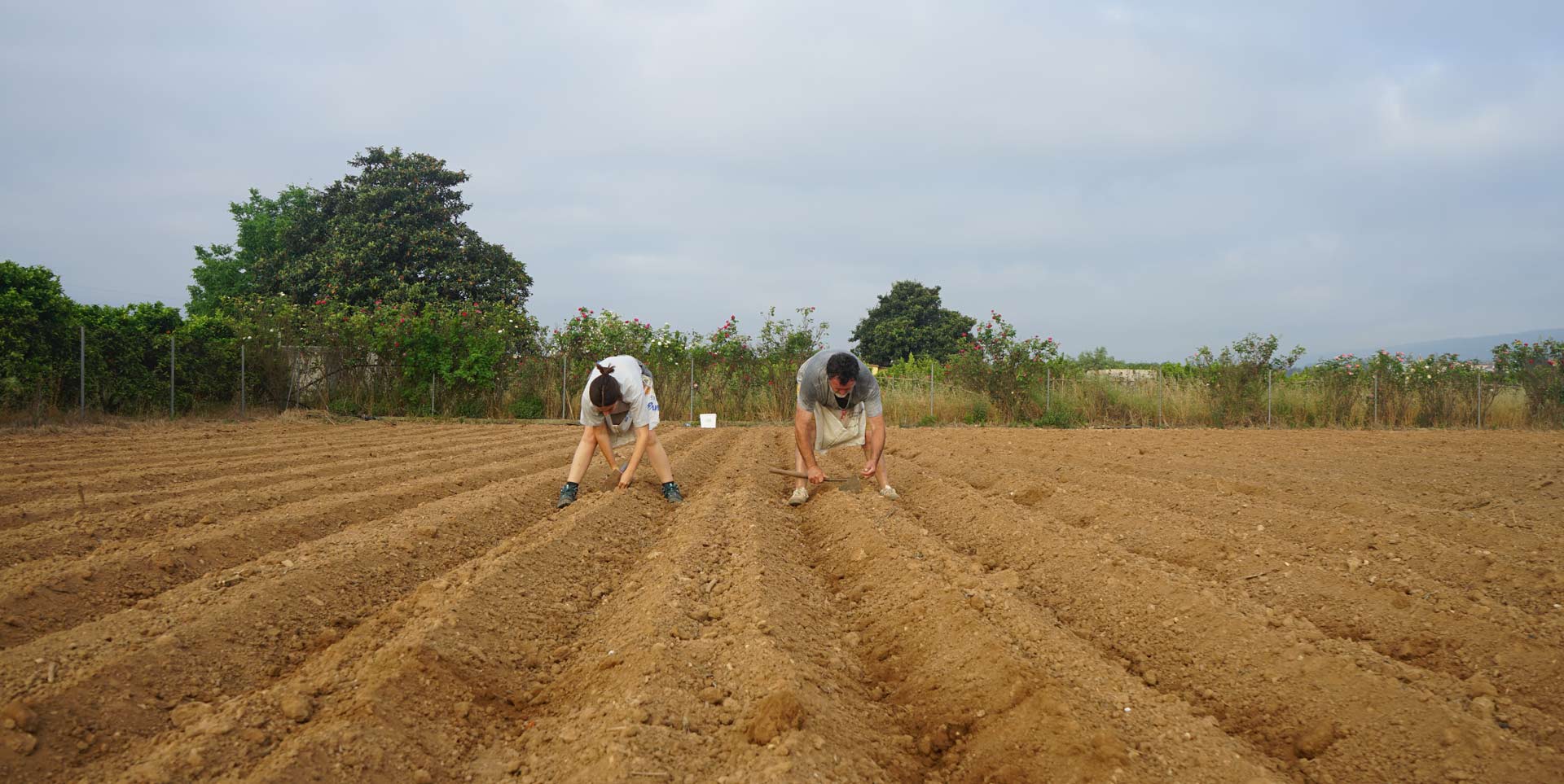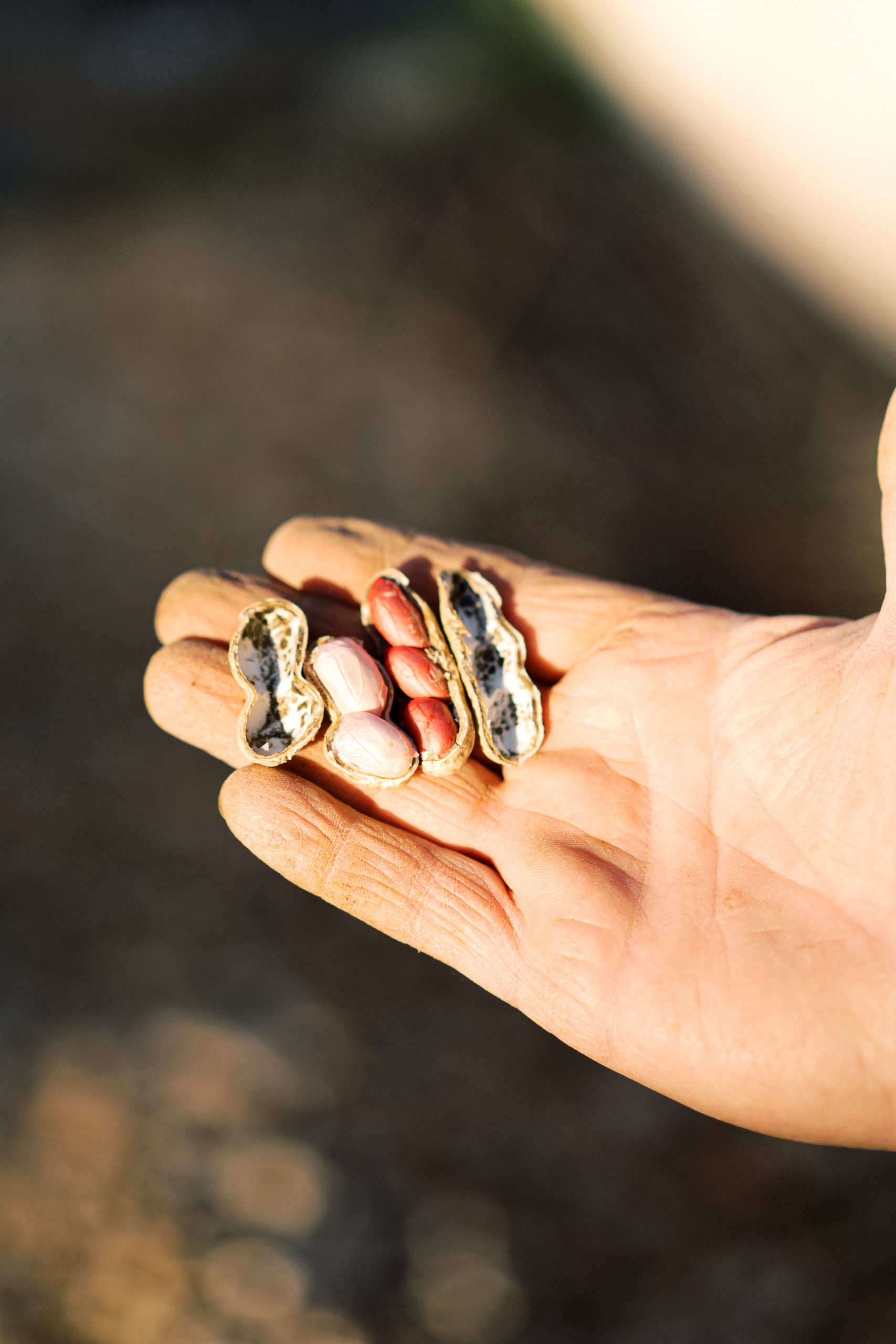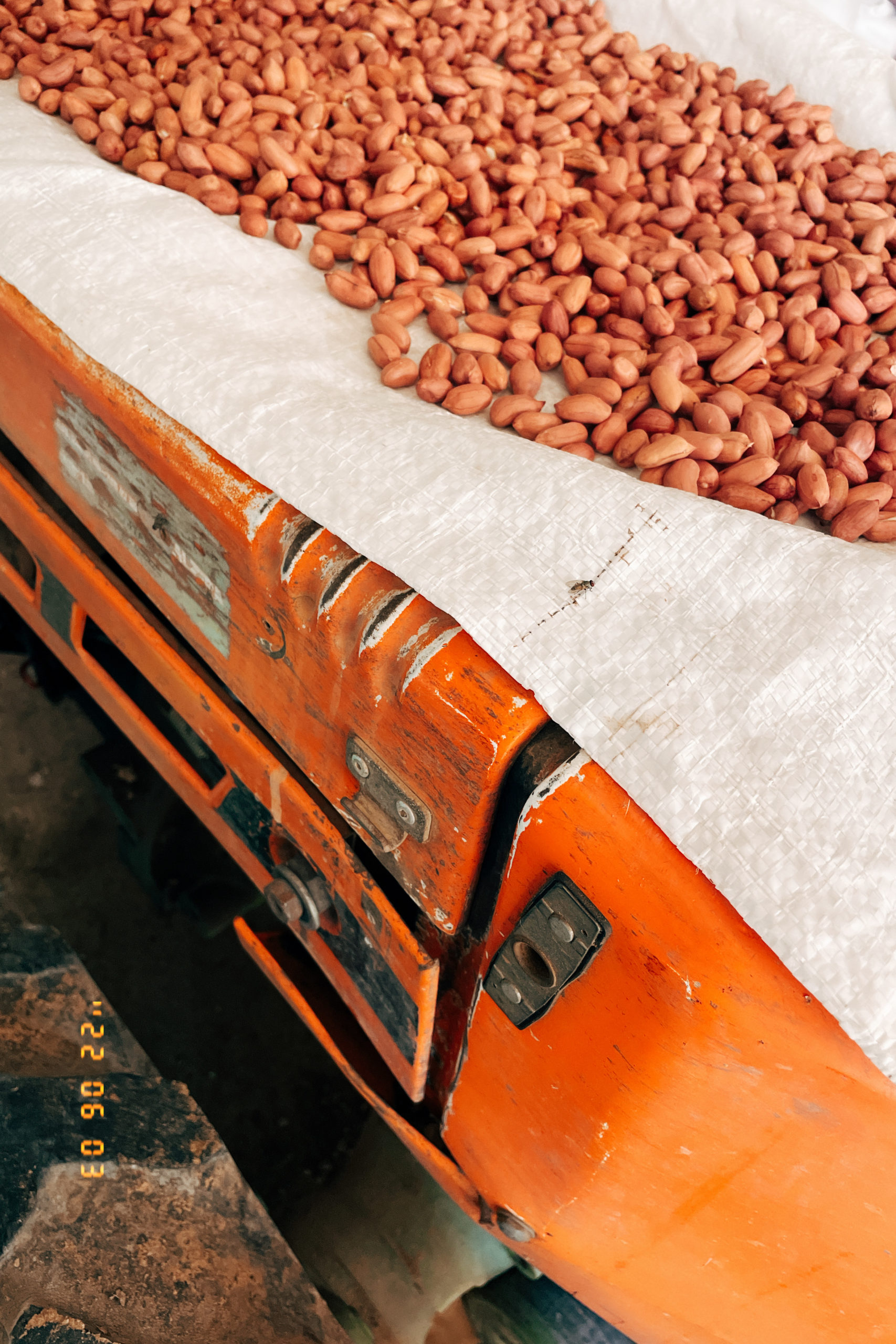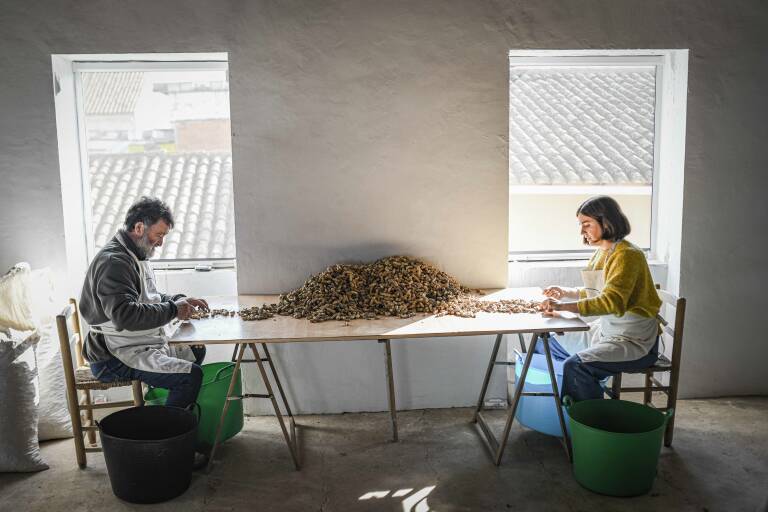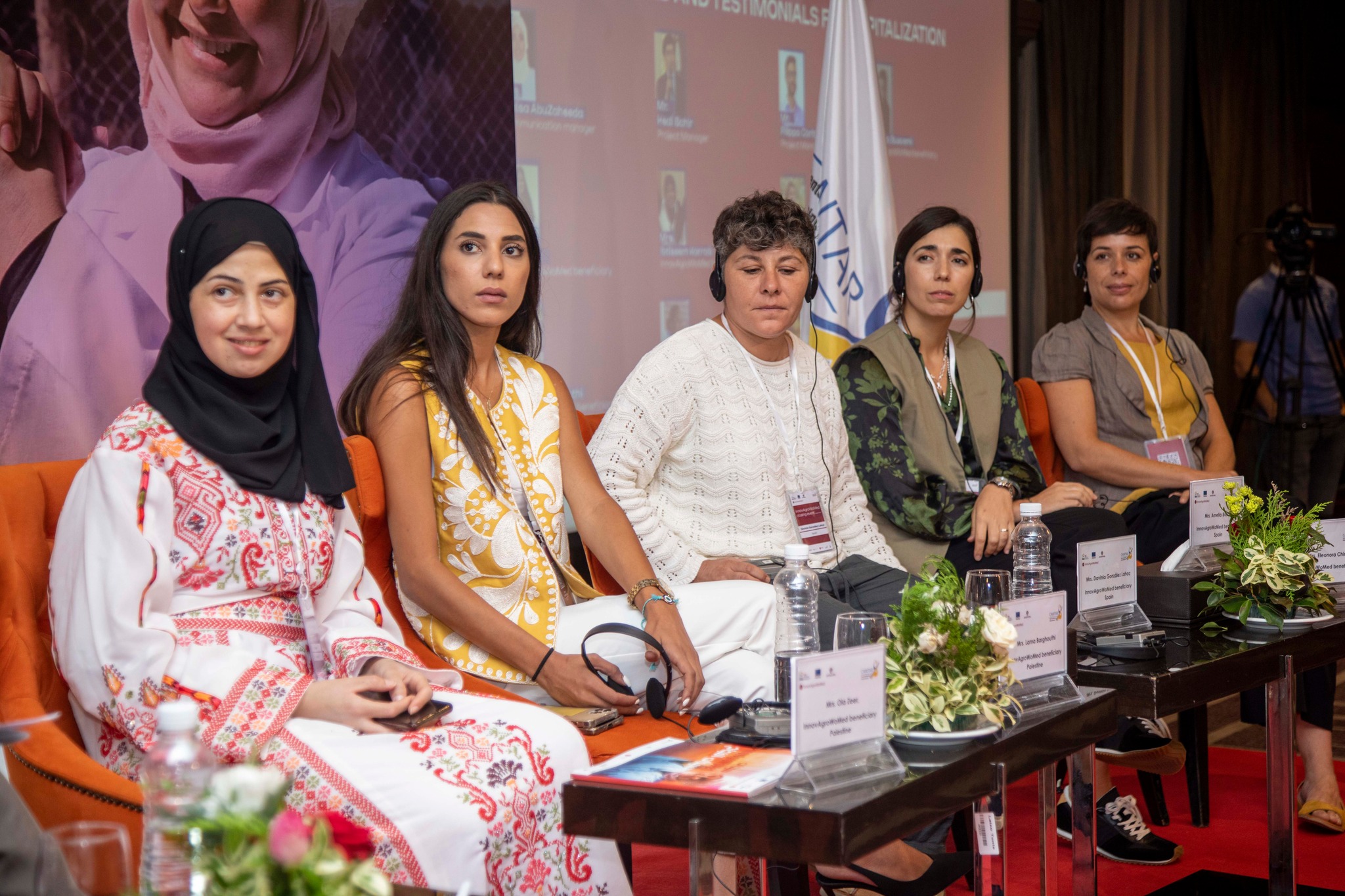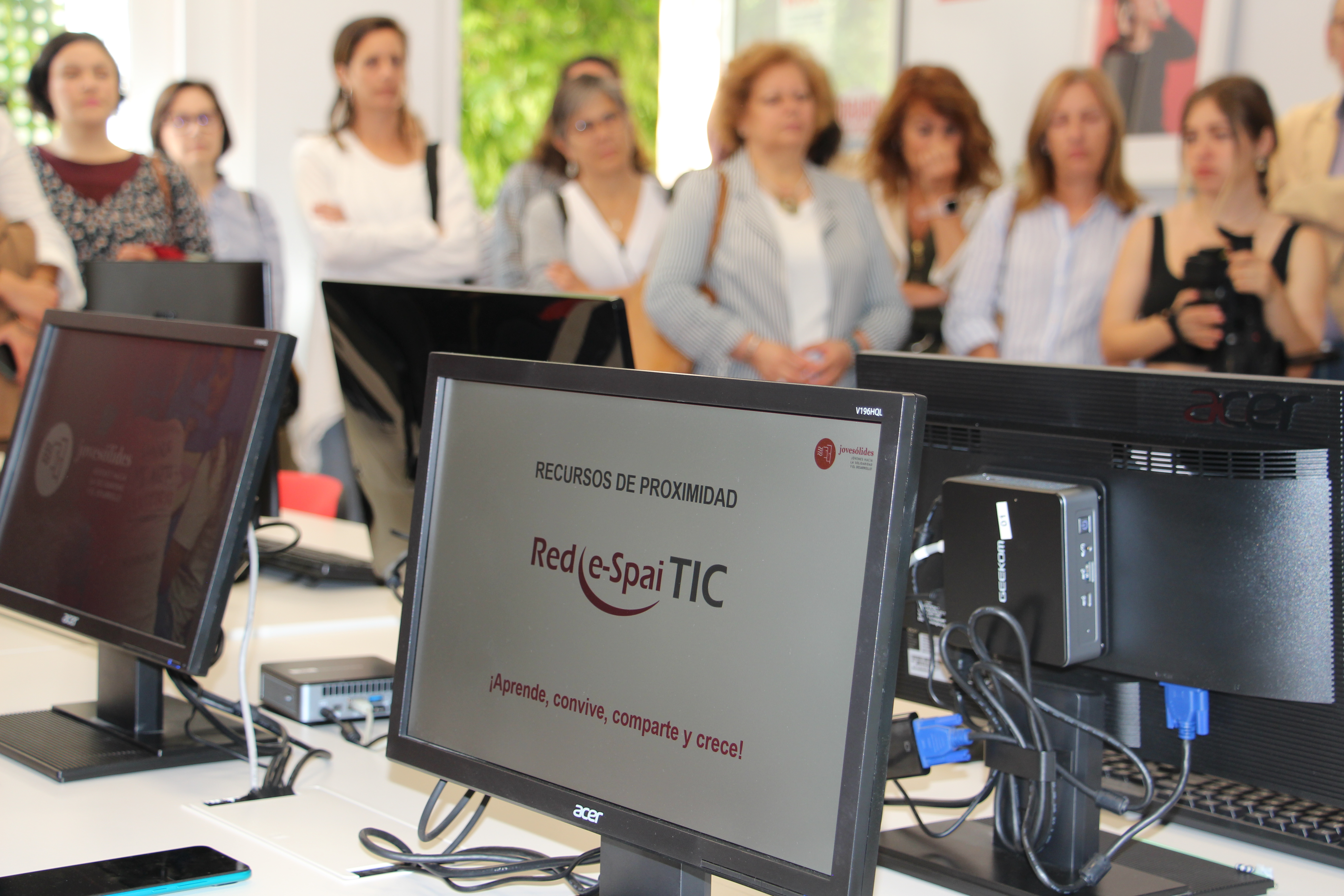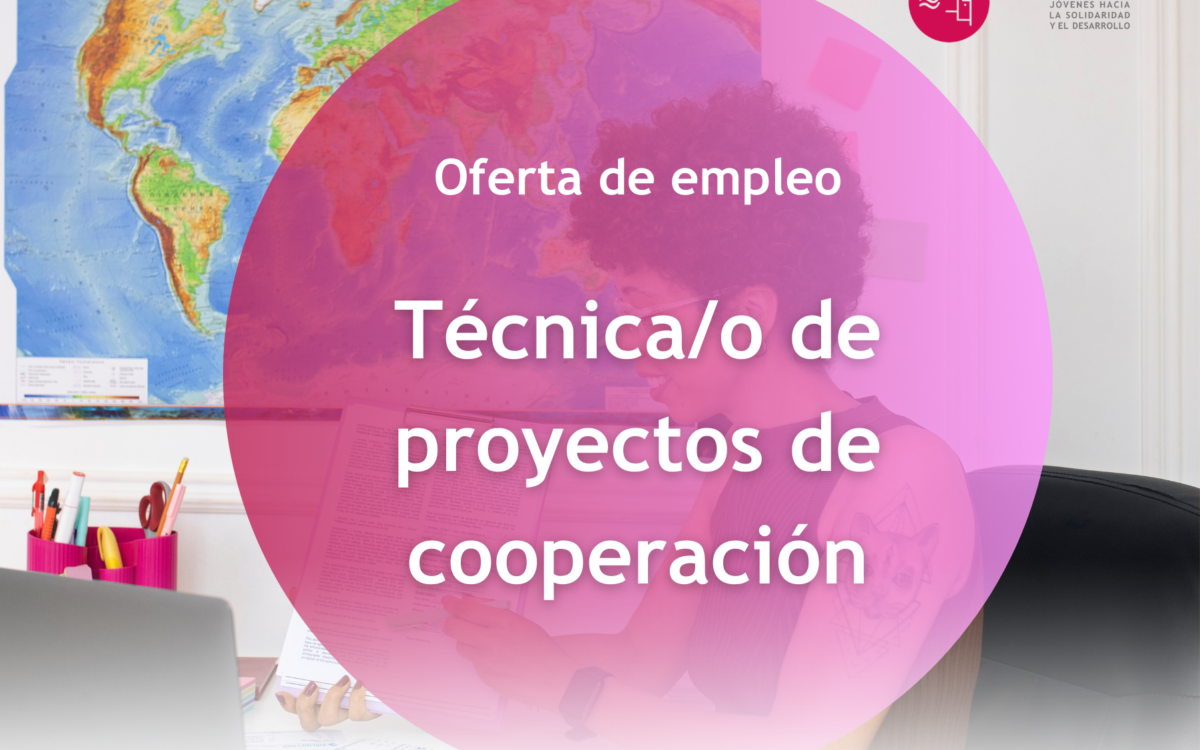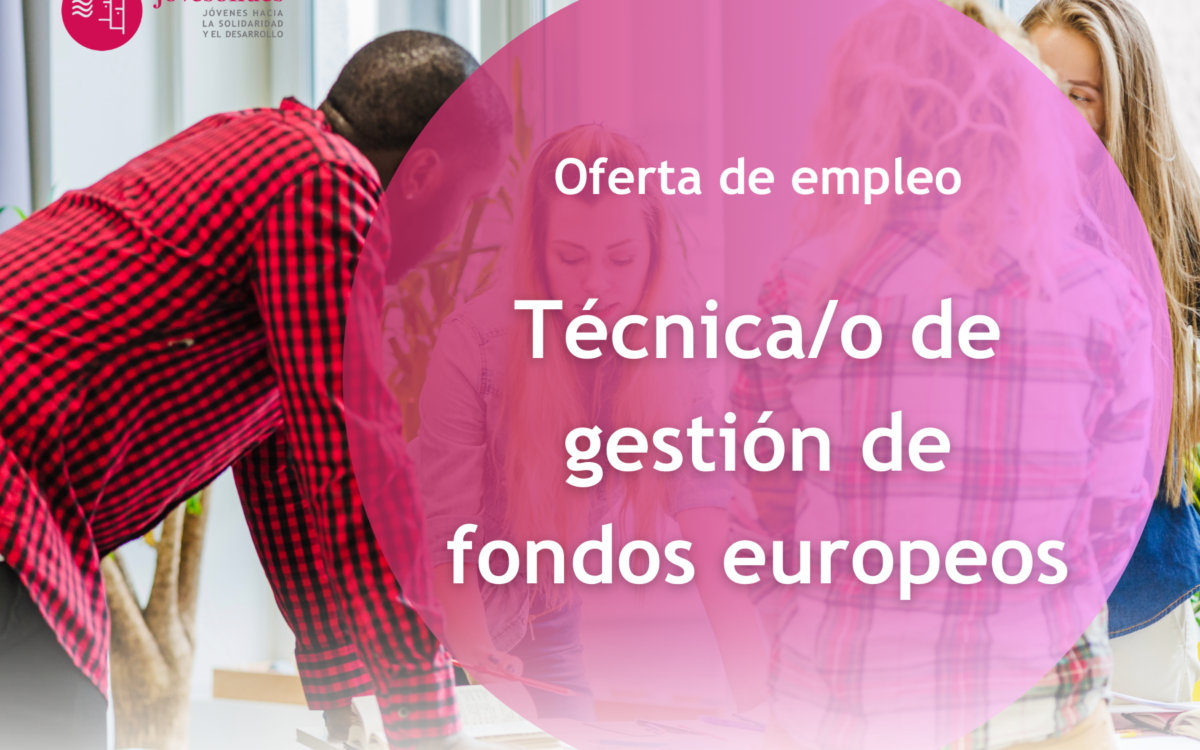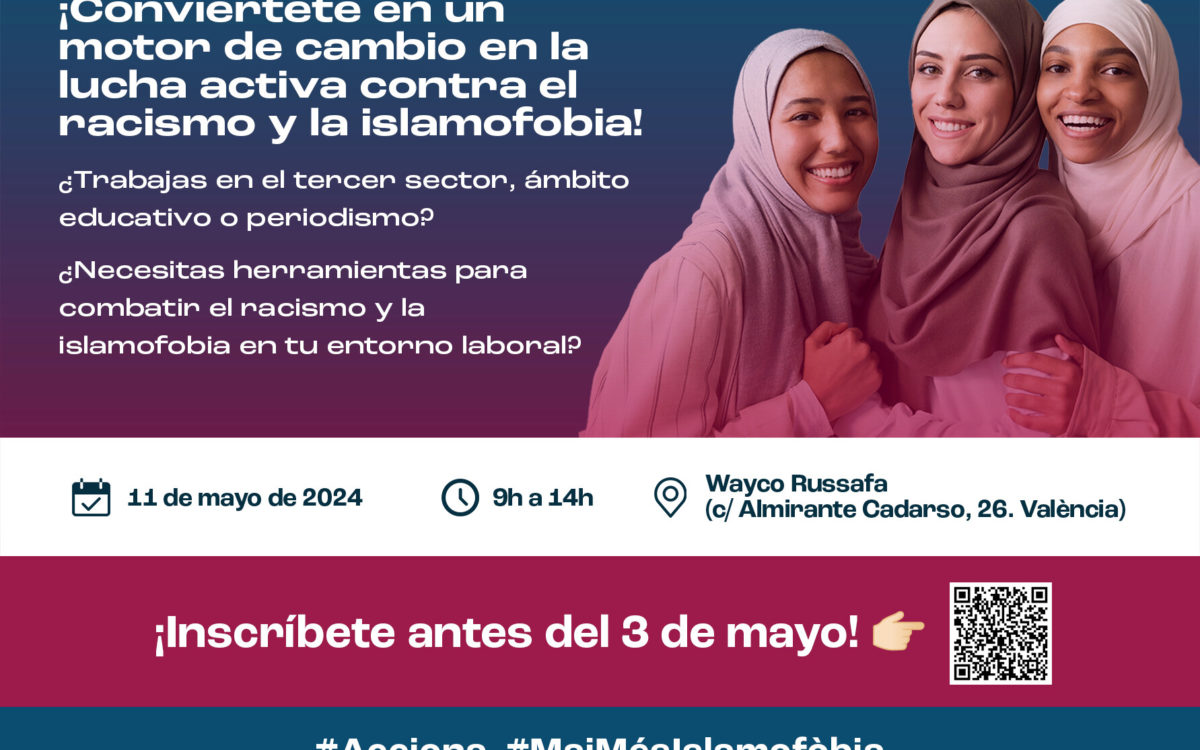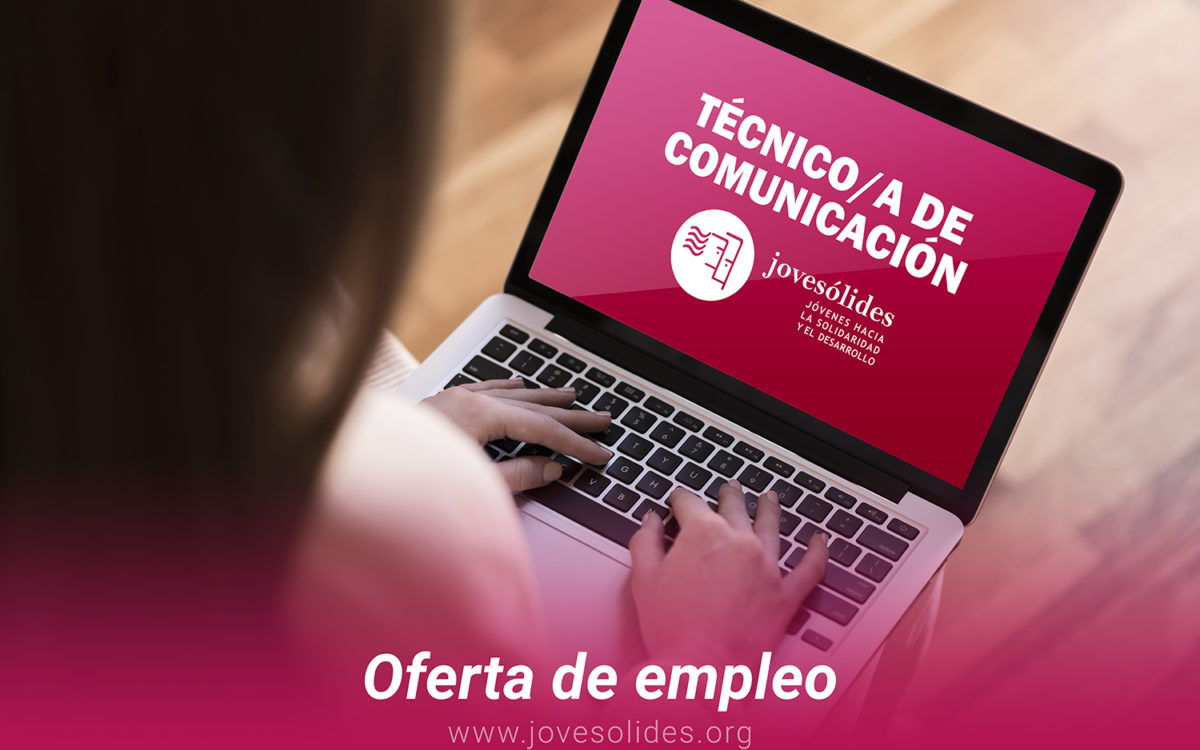La valenciana Ana Climent Ortiz ha recuperado una variedad tradicional de cacaos y los comercializa on-line y en 15 tiendas gourmet de la provincia, gracias a la beca recibida en el marco del proyecto europeo InnovAgroWoMed impulsado por Jovesólides en España
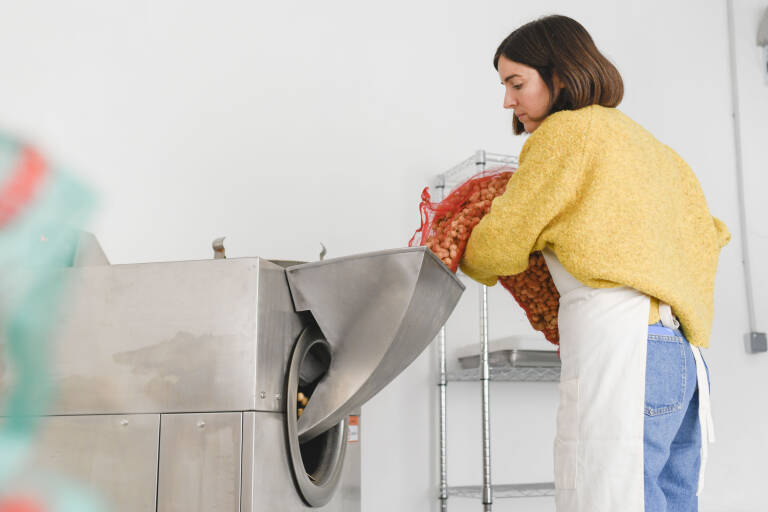
Ana Climent Ortiz (La Granja de la Costera, España) es Graduada en Periodismo y especializada en Márketing con propósito. Ha recibido formación complementaria vinculada con el sector agro en la Escola d'Agroecologia de l'Horta; posee el Curso de capacitación integral en Agroecología (CERAI) y el de Sistema APPCC y prácticas correctas de higiene.
El proyecto Ca Climent fue seleccionado en Agro·lab, programa especializado en agroalimentación de la aceleradora Col·lab (Las Naves y Ajuntament de València) en 2021 y obtuvo el segundo premio al mejor desarrollo de proyecto.
P. ¿Cómo y cuándo surge tu idea de negocio?
R. Ca Climent llega durante el confinamiento. Un paréntesis que me dejó tiempo para la reflexión, a kilómetros de distancia de mis padres y los productos de su huerta. El momento exacto fue durante un aperitivo con cerveza y cacahuetes comprados en un supermercado. Al comerlos, el sabor se alejaba de los cultivados y tostados por mi padre. Pensé, ¿estarán caducados? Al leer el envase descubrí lo que hasta ese momento desconocía… la gran mayoría de cacahuetes que consumimos actualmente en València son de importación china o de Estados Unidos, incluso los se venden etiquetados como ‘Collaret’, ‘del terreno’ o ‘valenciano’. ¿Cómo un producto tan nuestro venía de tan lejos?
P. ¿Qué es lo que te ha impulsado a emprender?
R. Quería cambiar este paradigma. Elegí el cacahuete como primer producto por su estado de emergencia, las variedades tradicionales valencianas Collaret y Cacaua se encuentran en peligro de extinción. A partir de los años 70 se dejó de cultivar en nuestras tierras dada la llegada del cacahuete de importación -con precios más bajos- que hizo que los agricultores locales tuvieran que abandonar el cultivo.
Me planteé que era el momento de retomar el relevo generacional de la familia Climent, agricultores y agricultoras que han conservado desde hace cuatro generaciones la semilla autóctona de estas variedades tradicionales que ahora vuelven a brotar en el campo. Si no lo hacía ahora, se perdería para siempre.
Tuve que dedicar un año completo (2021) a la repoblación de las semillas propias y ya en 2022 pude comenzar con una extensión mayor de cultivo que nos permitiría empezar a comercializarlo.
P. ¿Cómo te ha ayudado la beca de Jovesólides a desarrollar tu idea emprendedora y superar los problemas iniciales?
R. La beca llegó en el momento clave para poder afrontar las últimas partidas de una inversión que inicialmente era mucho menor de lo esperada.
Al tener que abrir un obrador propio, por no encontrar quien pudiera hacernos la maquila del cacahuete, nos encontramos con unos gastos extra que gracias a la beca pudimos afrontar. Principalmente, la adaptación y las obras del espacio obrador junto con la memoria técnica para la licencia de la actividad inocua y el certificado final de las instalaciones. Así como el sistema de control de plagas en el espacio y parte del equipamiento para la actividad del tueste.
P. ¿Has encontrado dificultades específicas en el proceso por el hecho de ser mujer?
R. A pesar de ser un sector muy masculinizado, en mi caso no he sentido ninguna dificultad específica por el hecho de ser mujer. Tal vez influya también que cuento con el respaldo de mi padre, mi tutor y mentor en todo el proceso de relevo generacional que ha sido quien me ha introducido en la práctica del cultivo y sigo aprendiendo de él a día de hoy.
Vídeo Ana Climent. Proyecto Cacaus Climent (InnovAgroWoMed).
P. Háblanos de lo que has logrado hasta ahora y de tus expectativas de futuro.
R. Cacaus Climent ha conseguido recuperar el auténtico sabor del cacahuete de València retomando un cultivo a punto de desaparecer. Y además lo hemos hecho aportando la innovación, en el sector frutos secos, de utilizar un envase compostable (papel y PLA). Somos los únicos que aglutinamos toda la cadena de producción (somos productores, tostadores y vendedores de cacahuete local) para garantizar la calidad y frescura del producto.
Están surgiendo sinergias muy interesantes con agricultoras y agricultores interesados en contribuir en el cultivo del cacahuete para poder ampliar el volumen de cada cosecha y así poder tener una mayor oferta de Cacaus Climent cultivados y tostados artesanalmente cerca de nosotros.
P. ¿Qué ha supuesto para ti el proyecto InnovAgroWoMed?
R. Gracias a InnovAgroWoMed he podido ejecutar la última fase de desarrollo del proyecto Ca Climent previo a su lanzamiento. Nuestro proyecto estaba concebido para crecer de forma orgánica y lenta, sin contar con inversores ni financiación externa dada su estructura. Esta ayuda ha sido crucial para que hoy estemos ya vendiendo nuestro primer producto, los Cacaus Climent, mediante la venta online y en una selección de 15 tiendas de alimentación gourmet en la provincia de València.
P. ¿Tras tu experiencia, qué consejos darías a otras emprendedoras?
R. Las ideas no son de nadie, están en el aire. Solo nos apropiamos de ellas cuando las ejecutamos. Y no hay idea buena si no se ejecuta… así que animo a todas las compañeras que estén sopesando si emprender o no a iniciar este camino.
Al final no deja de ser una travesía de aprendizajes, a veces puede tornarse muy cuesta arriba pero cuando llegas al final, cuando nace el proyecto, compensa todo el esfuerzo y dedicación.
No dejéis de preguntar a otras compañeras o proyectos que ya estén iniciados en el sector, encontraréis personas dispuestas a ayudar de forma desinteresada. Ese es el espíritu que se comparte también entre las emprendedoras.
En el marco del proyecto europeo #InnovAgroWoMed, Jovesólides ha trabajado durante tres años con entidades socias de Italia, Túnez y Palestina en el desarrollo de un diagnóstico de necesidades, diseño e implementación de un programa formativo en los cuatro países participantes. Posteriormente se han desarrollado diferentes servicios de acompañamiento, formación, coaching y becas económicas para impulsar el emprendimiento y facilitar la inserción laboral de las mujeres en el sector agroalimentario.
Gracias a esta experiencia, en España se ha formado a 35 mujeres en riesgo de exclusión social y hasta hoy, al menos el 54% de ellas, ya está trabajando.
 en
en  es
es